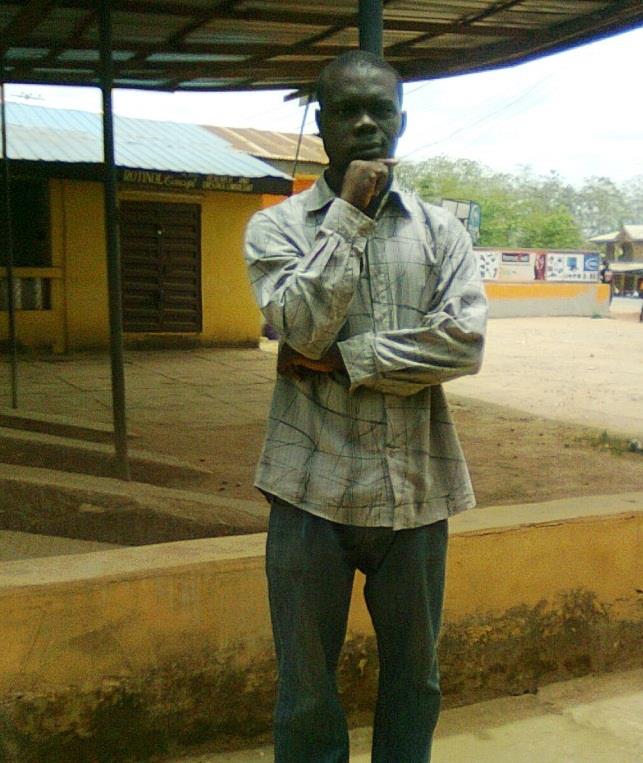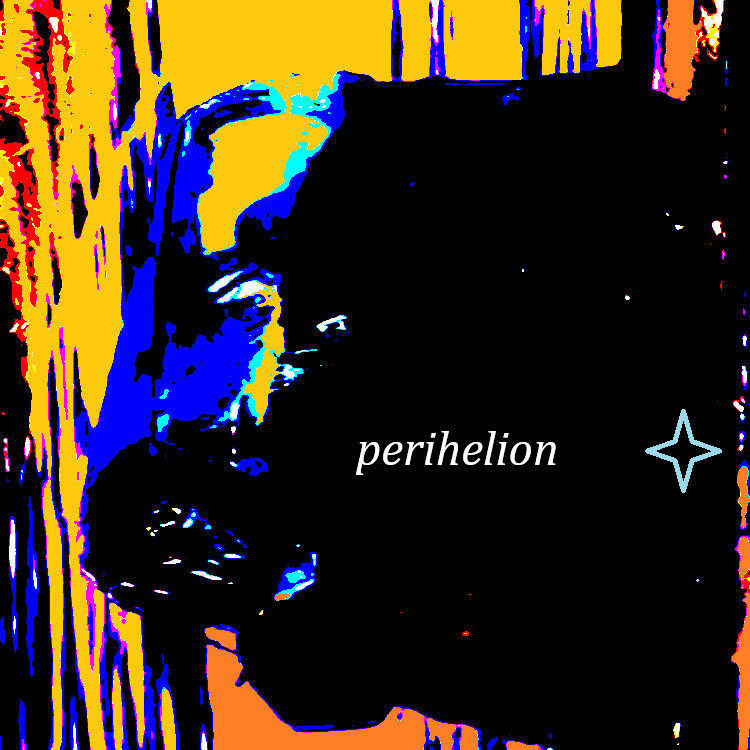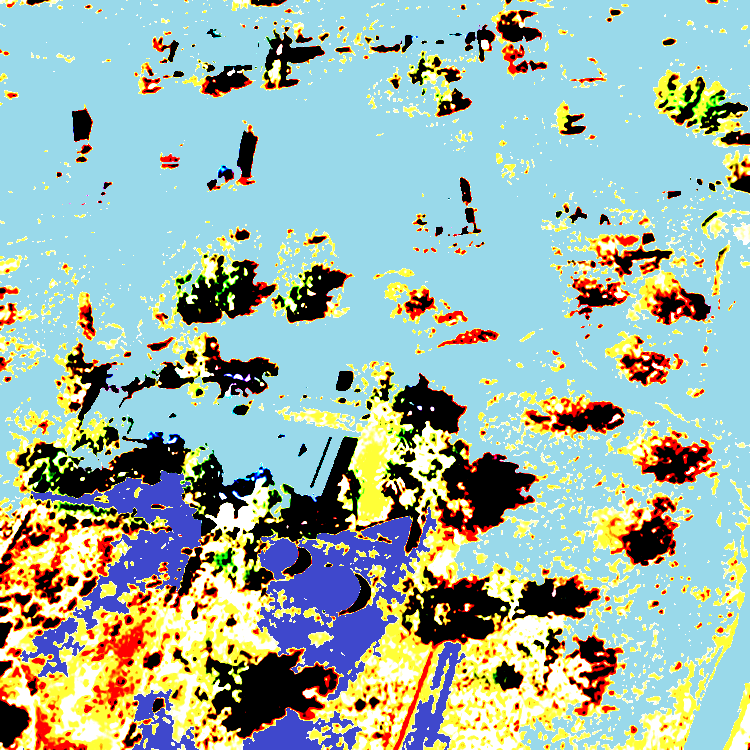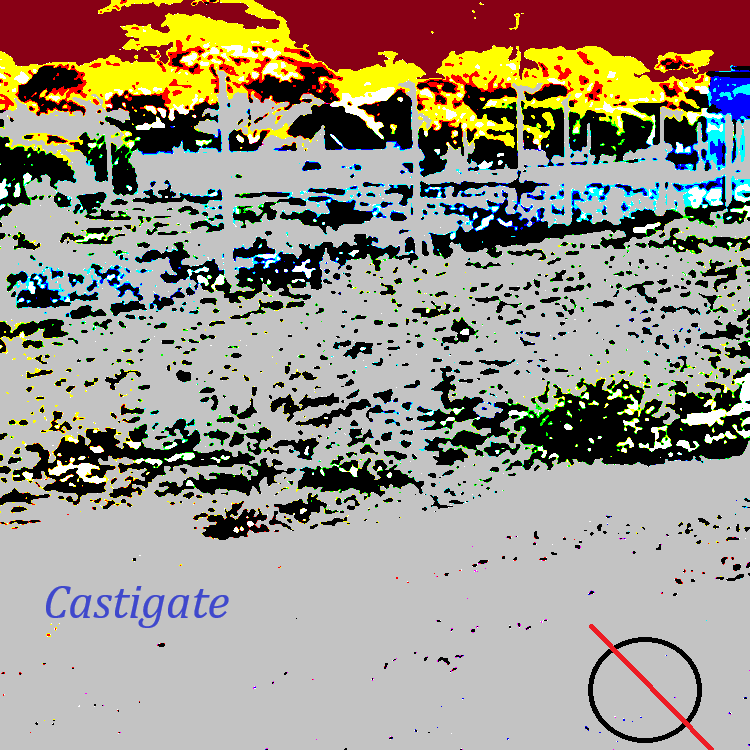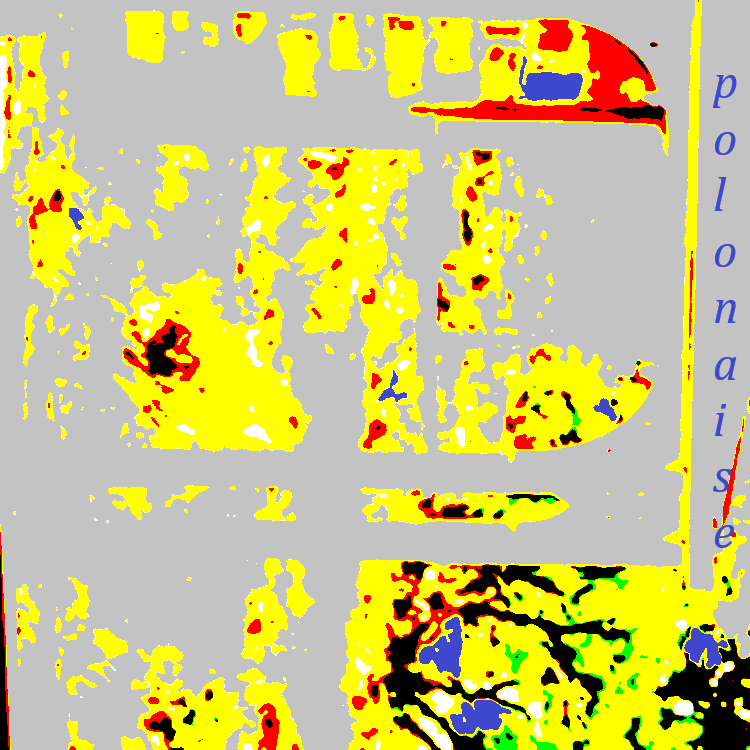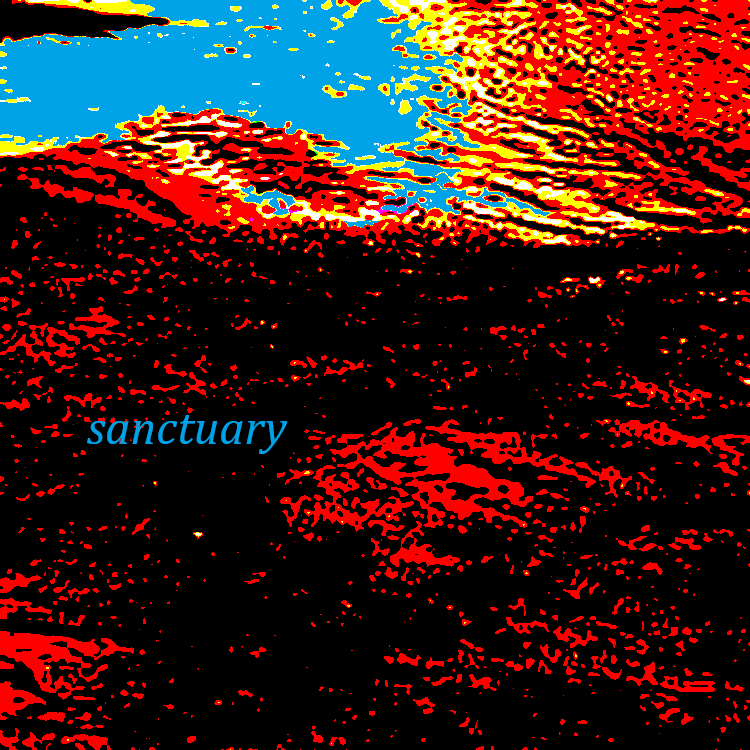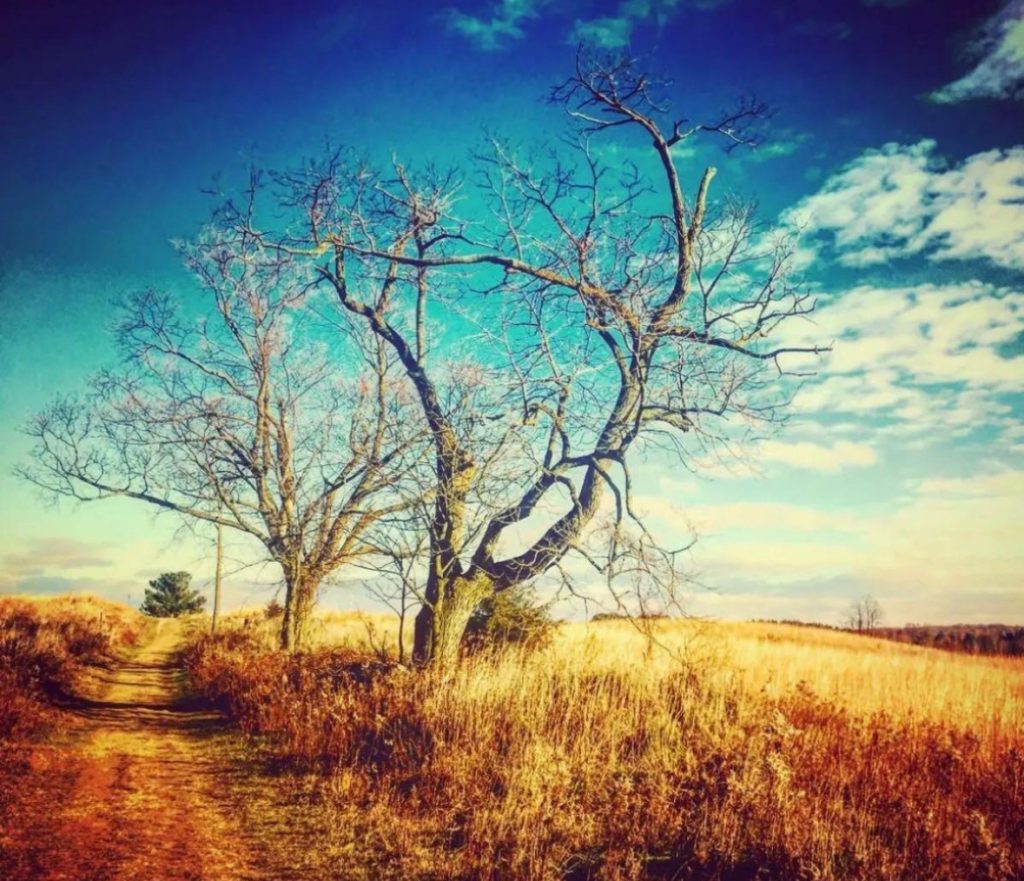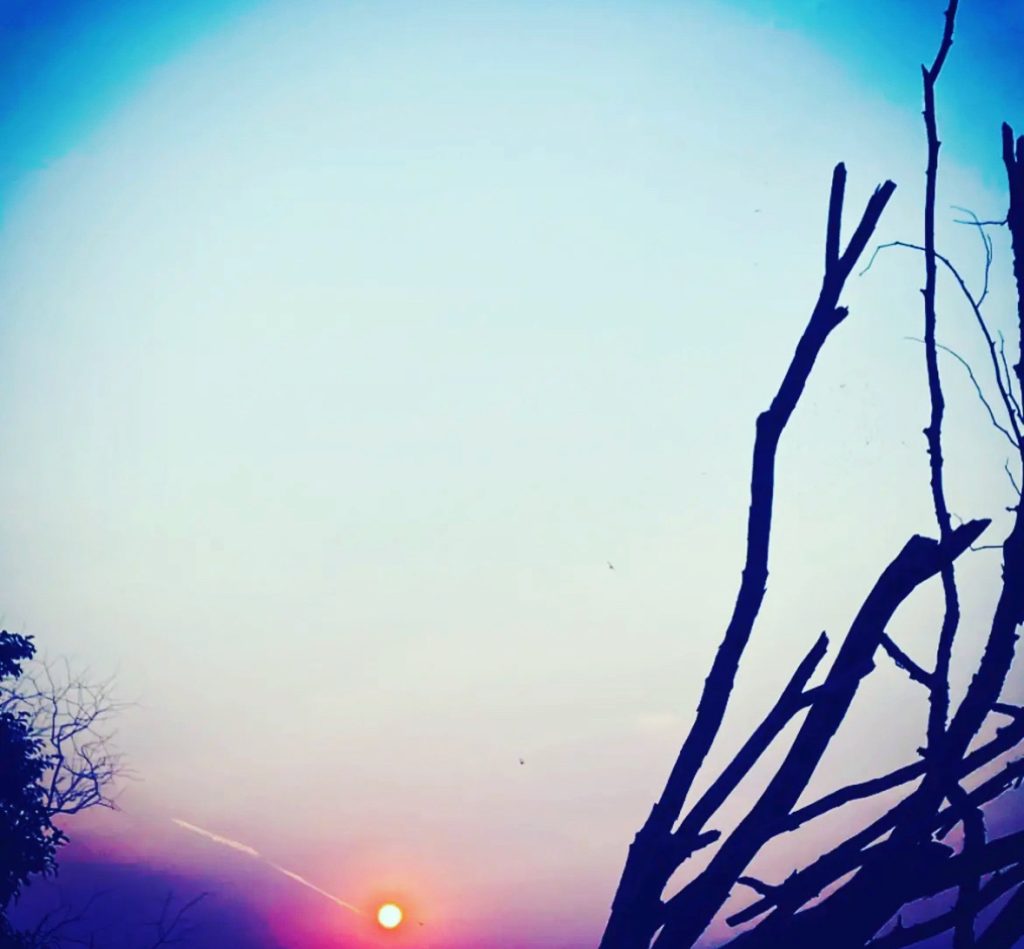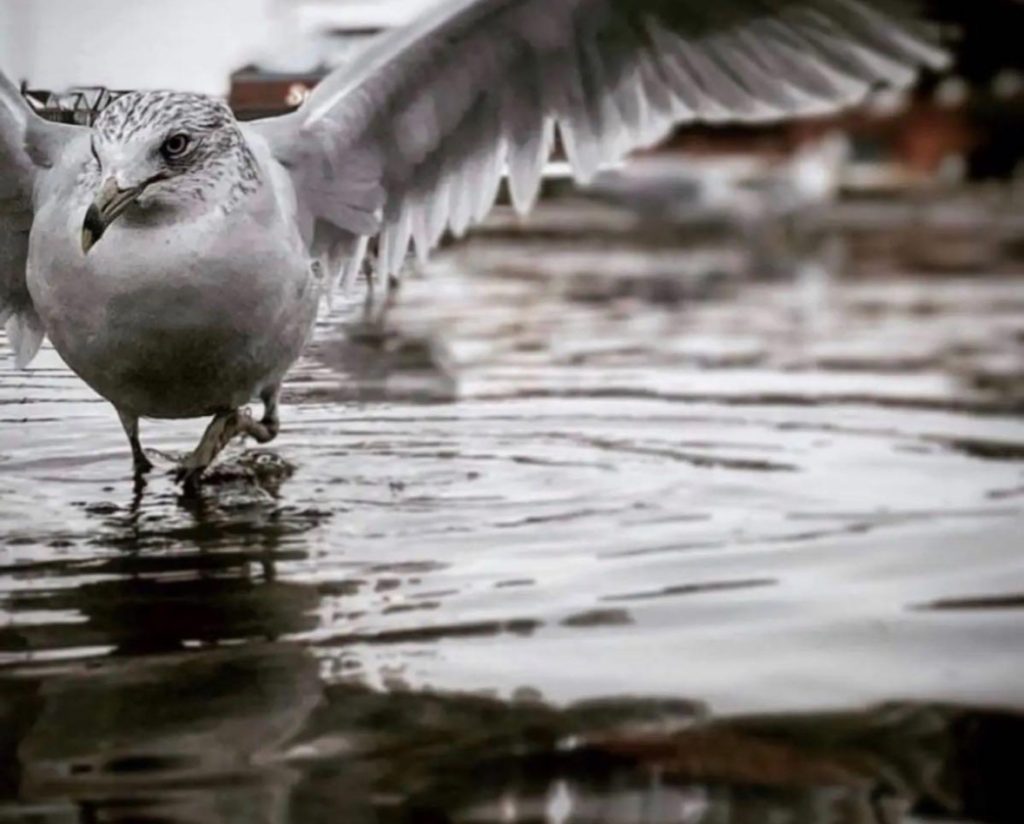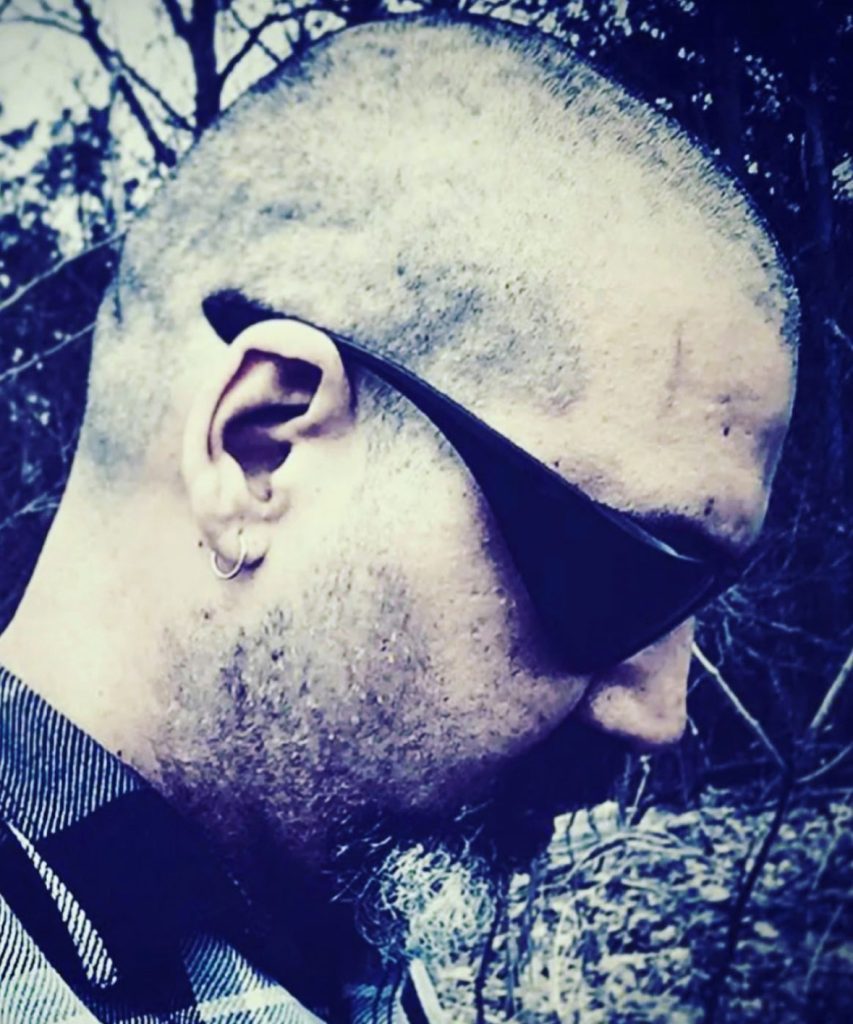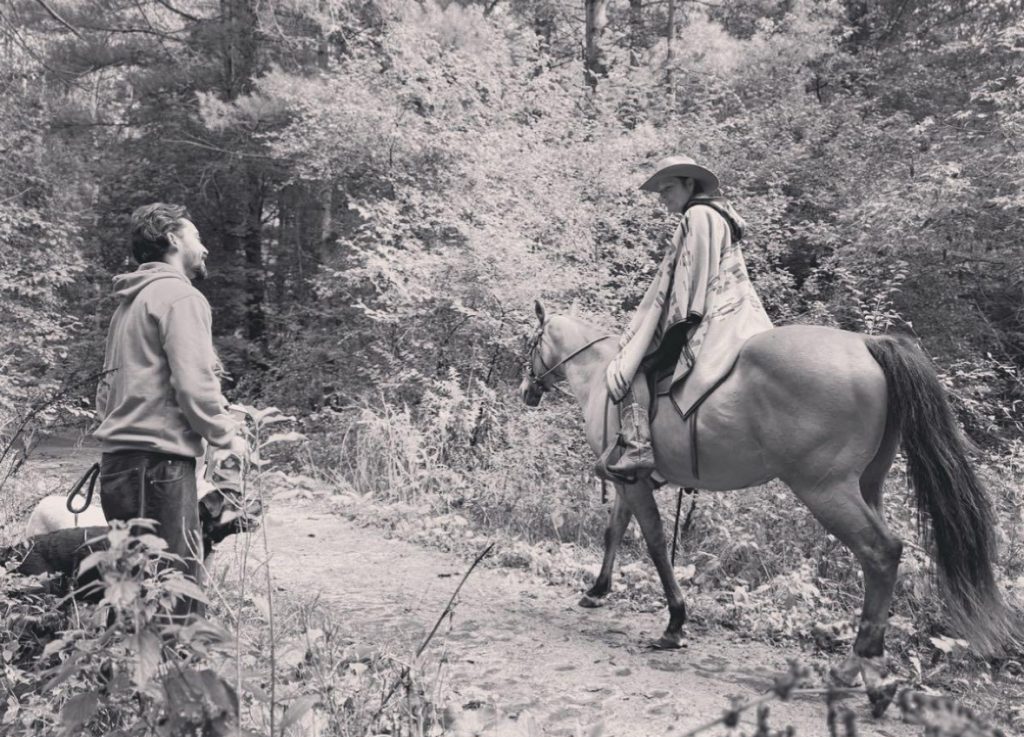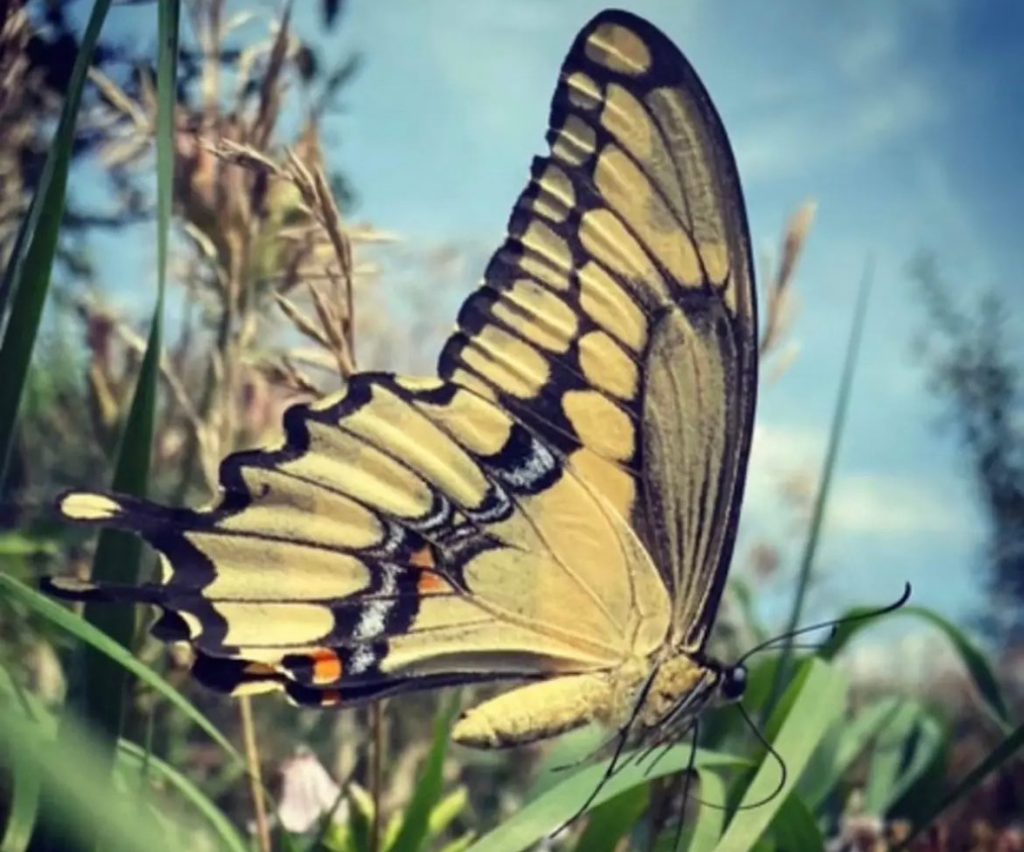Current Issues in Philology and Challenges in Its Teaching: Towards a Renewed Pedagogical Paradigm
Bahodirova Odina Azamat qizi
Uzbekistan State World Languages University
English first faculty
Phone number: +998944280144
Email : bahodirovaodina72@gamil.com
Abstract: This paper examines the current state of philology as an academic discipline, highlighting its evolving relevance and the multifaceted challenges encountered in its instruction. While philology traditionally encompassed the study of language in historical and literary contexts, modern transformations in communication technologies, global education trends, and interdisciplinary research have reshaped its scope and pedagogical demands. The study outlines key concerns such as diminishing student interest, marginalization of classical languages, lack of technological integration, and outdated curricula. In addition, it discusses the insufficient training of philology educators and the institutional neglect of humanities in favor of more “practical” disciplines. Drawing on comparative analysis and educational reform theory, the article proposes several strategies to revitalize philological studies, including curriculum modernization, digital literacy enhancement, interdisciplinary collaboration, and policy advocacy. Ultimately, the paper argues for a renewed understanding of philology as a dynamic, culturally enriching, and intellectually rigorous field that can meaningfully contribute to contemporary scholarship and education.
Keywords: philology, teaching challenges, classical languages, digital transformation, interdisciplinary studies, educational reform, curriculum design, linguistic diversity, cultural heritage, critical pedagogy.
Philology, long considered the bedrock of humanistic scholarship, involves the meticulous analysis of texts, languages, and cultural expressions across different historical periods. It integrates various domains of inquiry—linguistics, literary criticism, cultural history, semiotics, and philosophy—to provide a comprehensive understanding of how language both shapes and reflects human experience. At its core, philology is not merely the study of language structures but a profound engagement with the intellectual and cultural legacy embedded in textual traditions. Historically, philology played a central role in the formation of modern academic disciplines. During the 19th and early 20th centuries, it was a dominant force in European universities, providing the methodological foundations for the study of classics, comparative literature, and historical linguistics. It enabled scholars to reconstruct lost languages, interpret ancient manuscripts, and trace the genealogies of ideas and literary forms. The contributions of philologists have been instrumental in preserving cultural memory and fostering intercultural understanding across generations.
However, in the 21st century, philology faces an identity crisis brought about by a range of internal and external factors. The rise of digital media, globalization, and shifting educational paradigms has profoundly transformed how knowledge is produced, transmitted, and valued. As a result, philology is often perceived as an antiquated discipline, disconnected from the pragmatic demands of contemporary society and job markets. The decline of interest in classical languages, the marginalization of textual analysis in favor of empirical or data-driven research, and the reduction of humanities funding further exacerbate this marginalization.
Furthermore, the specialization and compartmentalization of academic knowledge have contributed to the fragmentation of philology into subfields that often lack communication with one another. Literary studies, applied linguistics, and historical linguistics now frequently operate in isolation, diluting the integrative spirit that once defined philological inquiry. This disintegration poses a serious threat to the discipline’s coherence and pedagogical effectiveness. Yet, philology remains uniquely positioned to offer critical insights into language change, cultural continuity, and the intellectual heritage of civilizations. In an age marked by linguistic homogenization and cultural commodification, the tools and perspectives of philology are more necessary than ever. To reclaim its relevance, the discipline must not only reassess its methodologies but also embrace new pedagogical strategies, technological innovations, and interdisciplinary collaborations.
Philology, as a discipline concerned with the critical study of texts and languages in their historical development, has undergone significant transformations. Once central to intellectual life, philology now contends with marginalization in an era dominated by STEM priorities and utilitarian educational policies. The traditional focus on classical languages and ancient texts has been replaced or de-emphasized in favor of fields deemed more “market-relevant.”
The rise of digital technologies and global communication has also reshaped textuality itself. Texts are now multimodal, hyperlinked, and collaborative, challenging philologists to expand their analytical frameworks. This evolving textual ecology requires a methodological shift from static, print-centered approaches to dynamic, interdisciplinary strategies that include digital humanities, corpus linguistics, and media studies. Failure to adapt risks rendering philology obsolete in the eyes of students and policymakers alike.
Furthermore, the disciplinary fragmentation of linguistics, literary studies, cultural studies, and philosophy has weakened philology’s integrative identity. Each sub-discipline has developed its own methods, terminology, and institutional structures, often at the expense of holistic inquiry. Reintegrating these domains under a renewed philological paradigm is essential for restoring the coherence and vitality of the field.
Many philology curricula still rely on traditional syllabi that emphasize memorization, grammar translation methods, and the study of canonical texts without fostering critical engagement. This approach fails to resonate with contemporary learners, who often seek relevance, creativity, and interdisciplinarity in their education. The lack of incorporation of current global issues—such as multilingualism, language endangerment, postcolonial theory, and digital literacy—further distances students from the discipline. Moreover, the teaching of philology is often disconnected from contemporary linguistic realities, such as language contact, sociolects, and the evolution of internet language. Without contextual grounding in real-world linguistic phenomena, philological studies risk appearing antiquated and detached from lived experience.
The waning institutional support for classical languages (e.g., Latin, Ancient Greek, Sanskrit, Old Turkic) poses a grave threat to philological research. These languages are not merely vehicles of historical knowledge but are also essential for understanding foundational texts of civilizations. Simultaneously, many indigenous and minority languages—rich in oral and literary traditions—are underrepresented in philological study due to linguistic prejudice, limited resources, or geopolitical marginalization.
Neglecting these languages not only undermines cultural diversity but also diminishes the epistemological breadth of the discipline. The revitalization of endangered and marginalized languages must become a core concern of modern philological inquiry and teaching.
Another critical issue lies in the insufficient professional development of philology educators. Many instructors lack access to contemporary teaching methodologies, technological tools, and interdisciplinary frameworks. As a result, teaching often remains didactic and monologic, leaving little room for interactive or student-centered learning. Moreover, institutional frameworks frequently deprioritize philological programs in budget allocations, research funding, and hiring decisions. This structural neglect discourages young scholars from entering the field and limits opportunities for curricular innovation. Reversing this trend requires a strategic revaluation of the humanities within university governance and educational policy.
While the digital humanities have made notable progress, philology as a whole has been slow to adopt digital tools. Resources such as digitized corpora, text-mining software, annotation platforms, and digital archives offer unprecedented opportunities for analysis and pedagogy. Yet, these remain underutilized in most philological programs.
Incorporating these tools not only enhances the analytical capabilities of students and researchers but also opens new avenues for collaboration and public engagement. A digitally literate philologist is better equipped to navigate and interpret the complex textual landscapes of both the past and the present.
To align with contemporary academic and social contexts, philology curricula must be restructured to include modern literary and linguistic theories, cross-cultural textual studies, and thematic modules focused on topics such as identity, power, gender, and translation. Comparative studies across languages and cultures should be emphasized to promote intercultural literacy and global awareness.
Additionally, integrating modern languages and vernaculars into philological research can bridge the gap between classical and contemporary linguistic inquiry, thereby expanding the discipline’s relevance and reach.
Philology must reclaim its role as a hub of interdisciplinary exchange. Collaboration with fields such as anthropology, sociology, history, political science, and information technology can enrich philological analysis and broaden its impact. Joint programs and research projects that blend textual scholarship with empirical methods and digital tools can foster innovation while preserving core philological principles.
A reformed philological pedagogy should prioritize active learning strategies—such as close reading workshops, textual reconstructions, translation laboratories, and dialogic seminars. Students should be trained not only to interpret texts but also to question the epistemological assumptions underlying those texts and their own interpretive processes.
This reflexive approach cultivates intellectual autonomy, ethical sensitivity, and historical consciousness—qualities that are vital in both academia and civil society.
Adopting digital platforms such as TEI (Text Encoding Initiative), Voyant Tools, and online manuscript repositories can revolutionize how philological data is accessed and analyzed. Teaching students how to use such tools fosters digital literacy and provides them with practical skills applicable in diverse career paths.
Universities and research centers should invest in infrastructure, training, and open-access initiatives to democratize access to philological resources and enhance the visibility of the discipline globally.
Philology, though often perceived as a relic of classical scholarship, continues to hold immense relevance in understanding the linguistic, cultural, and intellectual trajectories of human societies. Its interdisciplinary nature allows for deep engagement with texts—not merely as linguistic artifacts, but as repositories of worldview, identity, and historical memory. As such, philology is not a discipline bound to the past; rather, it offers tools for critical reflection that are vital to navigating the complexities of the present and the uncertainties of the future.
Nevertheless, the contemporary academic and educational landscape poses significant threats to the sustainability of philological inquiry. Institutional neglect, the dominance of market-driven educational models, and the waning popularity of humanities subjects have led to declining enrollments, reduced research funding, and curricular marginalization. Compounded by inadequate pedagogical innovation and technological lag, these factors have created a crisis of identity and purpose within the discipline.
However, these challenges should not be viewed as terminal, but rather as catalysts for reform. This paper has argued that philology can—and must—adapt to contemporary realities through a multifaceted strategy. Key among these are the modernization of curricula to reflect current linguistic and cultural concerns, the incorporation of digital tools to enhance research and pedagogy, and the promotion of interdisciplinary collaboration to bridge gaps between traditional and emerging fields of knowledge.
Moreover, re-centering philology in educational policy discussions is essential. Institutions must recognize that philological education fosters not only linguistic and textual competence, but also critical thinking, ethical reasoning, and cultural literacy—skills that are indispensable in today’s interconnected and rapidly evolving world. Investments in faculty development, student engagement initiatives, and public humanities projects can help revitalize the discipline and reaffirm its societal value.
In conclusion, the future of philology depends on our collective willingness to reimagine its role within modern academia and beyond. By embracing innovation while remaining faithful to its intellectual foundations, philology can once again serve as a bridge between disciplines, cultures, and generations—ensuring its enduring relevance in both scholarship and education.
References
1. Pollock, S. (2009). Future Philology? The Fate of a Soft Science in a Hard World. Critical Inquiry, 35(4), 931–961.
2. Turner, J. (2014). Philology: The Forgotten Origins of the Modern Humanities. Princeton University Press.
3. Byram, M. (2013). Language teaching and intercultural competence. Multilingual Matters.
4. Hafner, C. A. (2017). Reimagining language pedagogy in the digital age. Language Learning & Technology, 21(1), 1–15.
5. McCarty, W. (2011). Digital Humanities and the Future of Philology. Literary and Linguistic Computing, 26(4), 409–424.
